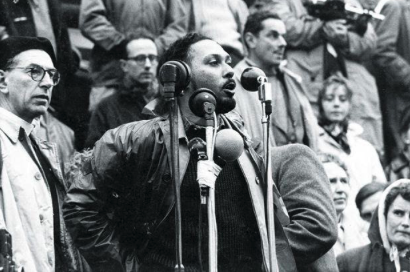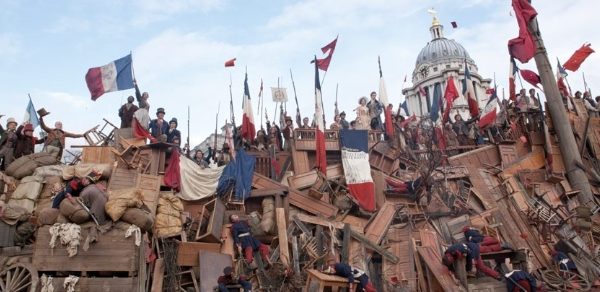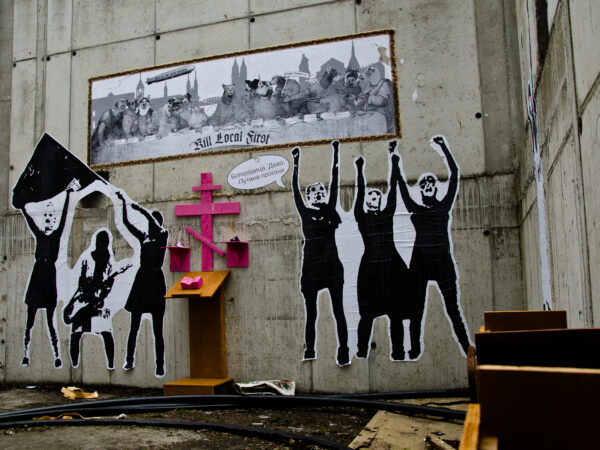
This piece is from the Political Theology Network archives originally posted on August 23, 2012.
Until we address ‘toxic masculinity,’ Newtowns will continue to happen.
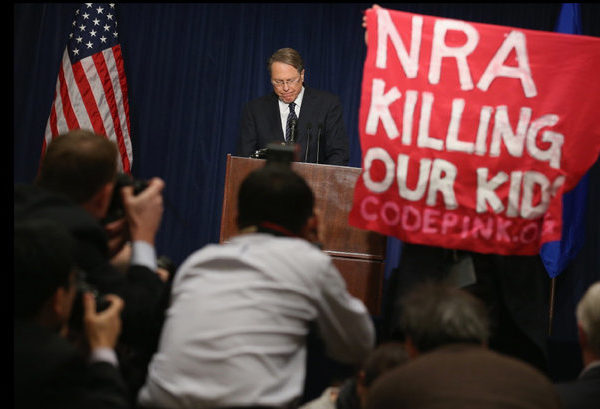
We are in the middle of a trial of strength between two populations of political actors: guns and children. And children are vastly more powerful. We don’t have to idealize them to recognize that they are far more important as political partners than are our guns. And, if neo-liberals do idealize them, so much the better. I don’t know if the kingdom is ever going to come, but I do know that one way to move toward it is to play idolatries against each other, mitigating the worst features of one by means of appeal to another, rather like alcoholism is sometimes overcome by nurturing substitute addictions.

There is a sense when one steps into the produce section at the Whole Foods that one has entered a sacred space. The delicate ambiance created by the well-tuned lights and the gentle purr of background music cloaks the organic kale in an almost mystical aurora. Like a church service, Whole Food’s shoppers dress for the experience, donning bright shades of Yoga pants, organic slippers made with bamboo reeds, or any locally-made organic cotton tee—in a concerted effort to show the completeness of their healthy and ecologically-sensitive lifestyle. Moreover, when they reach the checkout line and fork over what for many normal folks amounts to a whole paycheck, the acolytes gently absorb this small sacrifice as doing their part for the environment and their bodies….

I confess it – I am an Olympics junky! Glued to the TV last night as Bolt, Blake and Weir gave Jamaica at clean sweep in the 200 metres on the 50th anniversary of Jamaican independence…John Reader is right to remind us in his recent post on this Blog that the Roman ethic of ‘bread and circuses’ infused the ancient games – they were a means of social control. Is that what has been going on in London for the last two weeks?
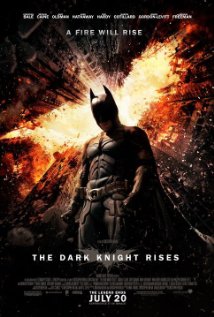
Nolan’s Dark Knight trilogy is obsessed with the question: what are the conditions of possibility for political judgment? Judgment, as Oliver O’Donovan has written in The Ways of Judgment, “both pronounces retrospectively on, and clears space prospectively for, actions that are performed within a community” and is therefore “subject to criteria of truth, on the one hand, and to criteria of effectiveness on the other” (9). Although judgment must meet both criteria, very often in the world of politics, they appear to be in rivalry. Truth-telling, in a world of fickle voters and predatory media, in a world of terrorists and hidden threats, can seem like a very unwise proposition, a luxury that must be dispensed with if order and justice are to be preserved. This tension haunts Nolan’s trilogy.
